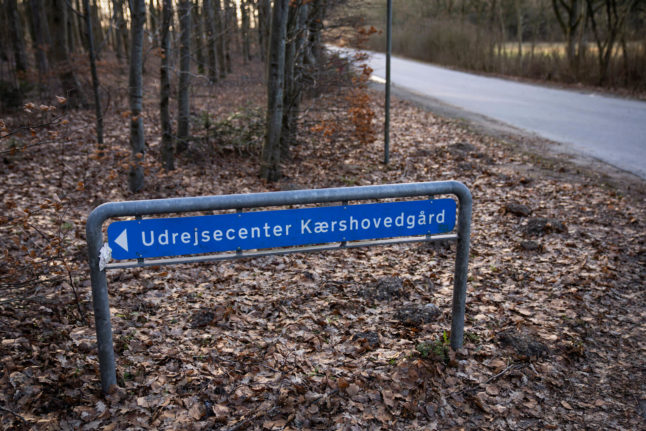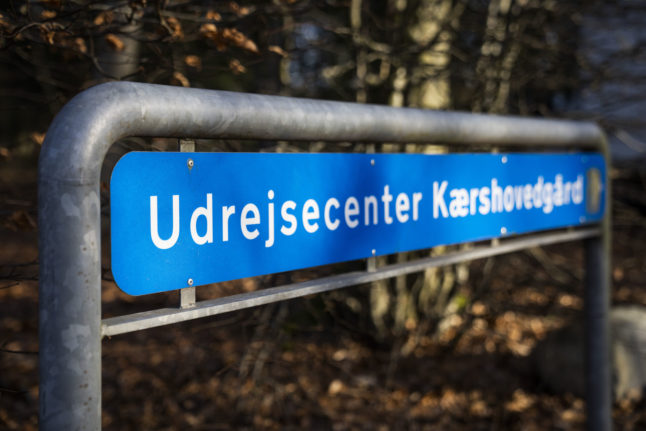A number of single women are to be relocated from the Kærshovedgård departure centre to another departure centre, Avnstrup, the Ministry of Immigration and Integration has said in a statement.
By moving the women, the ministry says it is living up to one of the pledges in the coalition government’s policy paper by reducing the number of people housed at Kærshovedgård.
“The move will also address reports of episodes where women have been subjected to harassment and unwanted sexual contact at Kærshovedgård,” it said.
Residents at the centres do not have permission to reside in Denmark but many cannot be forcibly deported because Denmark has no diplomatic relations or return agreements with their home countries. Many have been there for several years with no immediate resolutions to their situations.
READ ALSO:
- New film reveals life at Denmark’s controversial deportation centre
- Danish politicians unwilling to come to rescue of refugee centre residents
The departure centre at Avnstrup is operated by the Danish Red Cross on behalf of the Danish Immigration Service and primarily accommodates families including children who do not have the legal right to reside in Denmark.
The Kærshovedgård facility, which accommodates people with criminal records who have served their sentences and now face deportation, as well as rejected asylum seekers and others with no residence rights, is operated by the Danish prison service, Kriminalforsorgen.
In the policy paper (regeringsgrundlag) which was agreed by the three coalition parties on taking office in December 2022, the government states its “ambition” is to “reduce the number of residents at the Kærshovedgård Departure Centre – for example by moving some female residents to another location”.
In the statement, the ministry also says it has explored options for moving a group of people from Sjælsmark, the other departure centre which is run by Kriminalforsorgen, also in line with the government’s policy paper.. The group has “special lodging needs” and will therefore not be moved at the current time.
A longstanding expulsion facility, Kærshovedgård has recently received renewed media attention in Denmark after a film highlighted the plight of rejected asylum seekers trapped at the centre, whilst MEPs said it would be wrong to process stranded cases in Denmark.



 Please whitelist us to continue reading.
Please whitelist us to continue reading.
Member comments